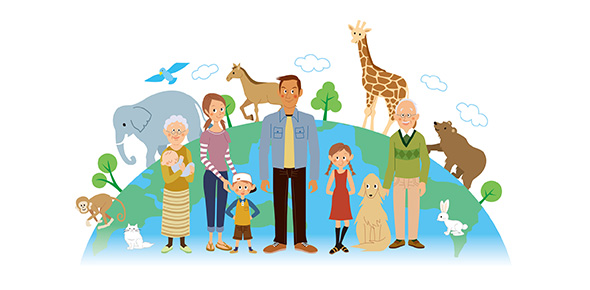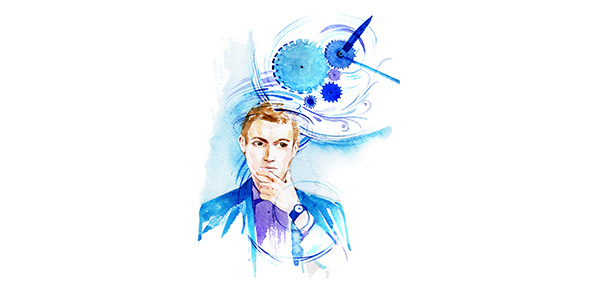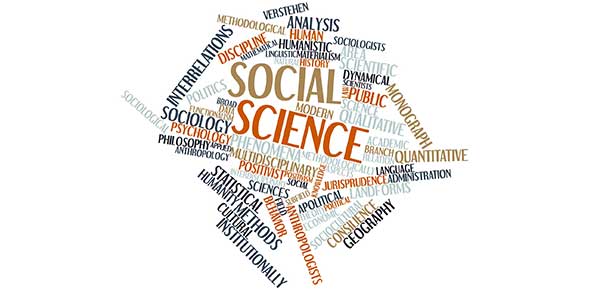Related Flashcards
Related Topics
Cards In This Set
| Front | Back |
|
Three foundations of the new science of man
|
1. scientific attitude2. social attitude3. specific genre of writing
|
|
Three aspects of the scientific attitude
|
1. induction2. participant observation3. dwelling science
|
|
Two aspects of the social attitude
|
1. psychic unity of man2. difference between simple and complex societies
|
|
Three schools modern anthropology differentiated itself from
|
1. school of primitive mentality2. social darwinism3. stage theory of history
|
|
Three aspects of the gift
|
1. obligates the receiver to accept it and give something back2. stitches together a social world3. consists of giving, receiving/accepting, and returning
|
|
Critical differences between ACA and BSA
|
|
|
Intellectual influences on ACA and BSA
|
ACA: Margaret Mead, Ruth Benedict, Franz Boas, Claude Levi-Strauss, Ed Sapir, Wilhelm Von Humboldt, Max Gluckman, Roman Jakobson, Ferdinand Saussure, Clifford GeertzBSA: Emile Durkheim, Alfred Radcliffe-Brown, Edward Evans-Pritchard
|
|
Critical difference between Boas' "Alternating Sounds" and Sapir's "Psychological Reality of Phonemes"
|
Sapir argues that people alternate sounds in language while Boas argues that the concept of alternating sounds does not exist.
|
|
Four aspects of the Culture and Personality School
|
1. every culture is like a language insofar and its signs and symbols constitute a formally complete system.2. every culture can be understood as a personality3. all individual identities are molded by that cultural personality4. the abnormal person is only the person who does not fit into that cultural personality.
|
|
Three features of Durkheim's Sociology
|
1. does not care about the individual2. depends on social facts3. social facts are scientifically and rationally apprehensive
|
|
Two consequences of Durkheim's Sociology
|
1. social conditions produce natural truth, not the other way around2. the purpose of society is to reproduce itself
|
|
Three orders of relationality built into the elementary family
|
1. parent/child2. brother/sister3. husband/wife
|
|
Four types of descent
|
1. patrilineal- substance-based kinship, kin unified by a presumed lineal descent from a common male ancestor2. matrilineal- substance-based kinship, kin unified by a presumed lineal descent from a common female ancestor3. unilineal- substance-based kinship, kin unified by a presumed lineal descent from common male and female ancestors4. ambilineal- descent in which one must choose a side at a certain age
|
|
Relation between magic, science, and religion according to early anthropologists
|
Magic deals with the natural world, while religion deals with the supernatural world. Religion is believed to correspond to science. Both magic and science sought to control the uncontrollable. Magic was considered a pre-science science.
|
|
Three phases of ritual [victor turner]
|
1. separation2. transition3. reincorporation
|







